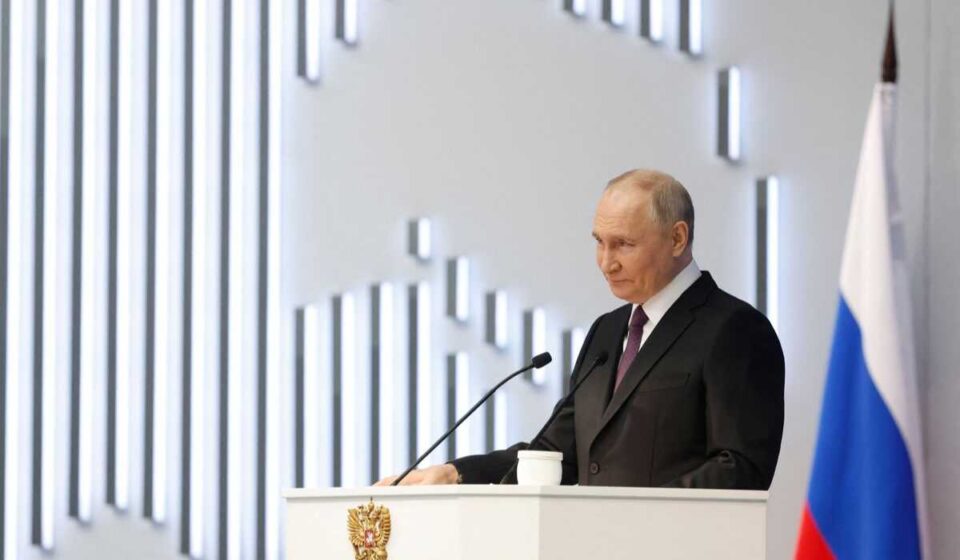To address the financial strain caused by the ongoing conflict in Ukraine, Russia has implemented a series of new tax measures aimed at the wealthy and large corporations. These new regulations are part of a broader strategy to bolster the national economy, which has been severely impacted by significant military expenditures and international sanctions. By targeting affluent individuals and major businesses, the Russian government seeks to redistribute the fiscal burden more equitably.
The introduced tax measures are projected to generate approximately 2.6 trillion rubles, which is equivalent to around $29 billion annually. This substantial increase in revenue is expected to provide crucial financial support for the Russian economy as it grapples with the economic consequences of prolonged conflict and external pressures. The additional funds will be used to stabilize the national economy and mitigate the effects of the ongoing military campaign.
Overall, these new tax policies represent a significant shift in fiscal strategy, focusing on leveraging the financial resources of the wealthiest sectors of society to support the country during a challenging period. By redirecting economic resources from large corporations and high-income individuals, the Russian government aims to manage the costs of the conflict and strengthen its economic resilience against both domestic and international pressures.


